
Luke Stockhausen, Lead Process Engineer, CRB, talks about technological advances, processing line changes, and new solutions to overcome challenges in aseptic processing.

Luke Stockhausen, Lead Process Engineer, CRB, talks about technological advances, processing line changes, and new solutions to overcome challenges in aseptic processing.

Richard Denk, Senior Consultant Aseptic Processing and Containment, SKAN AG, discusses the evolution of aseptic processing with a particular focus on isolators.

Patrick Nieuwenhuizen, Senior Manager/Consultant, PharmaLex, discusses changes to regulatory requirements, quality risk management, audits, and operational considerations of aseptic processing.

COVID-19 created challenges for quality control departments. How have the lessons learned from the pandemic influenced the way companies use technology to perform quality-control procedures?

Automatic visual inspection machines and artificial intelligence highlight inspection deficits for parenteral containers and units.

New methods and policies necessitated by the global pandemic are slated to become permanent fixtures in FDA enforcement and regulatory programs.

Siegfried Schmitt, vice president, Technical at Parexel, comments on the new paradigm of remote audits.

Public health challenges have highlighted the need for agility in maintaining the quality of medicines.
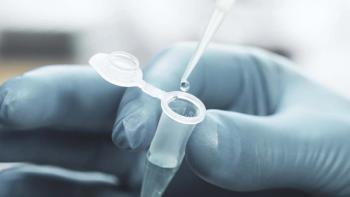
Establishing bioassay studies for biosimilar development is important for supporting regulatory filings.

Susan J. Schniepp, distinguished fellow at Regulatory Compliance Associates, answers some commonly asked questions about aseptic processing.

GeneTx Biotherapeutics and Ultragenyx Pharmaceutical announced that FDA has removed the clinical hold on GTX-102, an investigational treatment for Angelman syndrome.
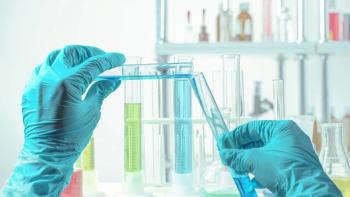
As interest in cell and gene therapies continues to grow, the need for safe and consistent reagents to support research, development, and manufacture efforts also increases.

BioPharm International asked Vincent Colicchio, vice president, supply chain and external manufacturing at Dr. Reddy’s Laboratories, about how a lack of proper supplier oversight can impact the pharmaceutical industry and the drug supply chain.

Siegfried Schmitt, vice president, Technical at Parexel, provides best practices for switching from paper-based to automated processes.
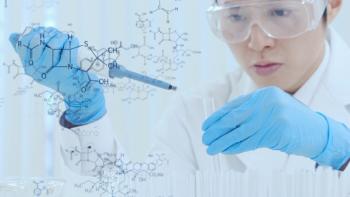
Correct organization and appropriate methods for demonstrating biosimilar comparability are important for supporting regulatory filings.

Emergent BioSolutions is being allowed to restart manufacturing operations for the J&J COVID-19 vaccine at its Bayview, Baltimore, Md., facility.

FDA officials discuss resuming normal facility inspection operations, both domestic and foreign.
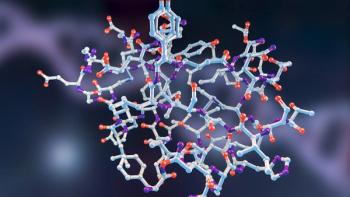
The ever-increasing complexity of biotherapeutic molecules presents unique analytical challenges for developers.

Sponsors should consider best practices for maintaining data generated during sample analysis and instrument maintenance.

New biologic modalities, such as cell and gene therapies, pose increasing difficulties in viral clearance testing methods.

Help prevent contamination in a facility by zone.

Regulatory inspection reports can be a valuable resource for quality management, according to Siegfried Schmitt, vice president, Technical at Parexel.

Digitalization of bioprocessing operations, equipment, and facilities can improve workflow and output, but maintaining data integrity is a concern.
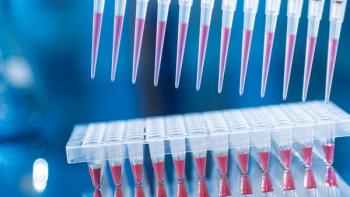
The increased number of regulatory filings for cell and gene therapies requires reevaluation of bioassay methods because of their complexity.

ISPE’s latest guide ISPE Good Practice Guide: Knowledge Management in the Pharmaceutical Industry focuses on how knowledge management allows for a more effective pharmaceutical quality system.